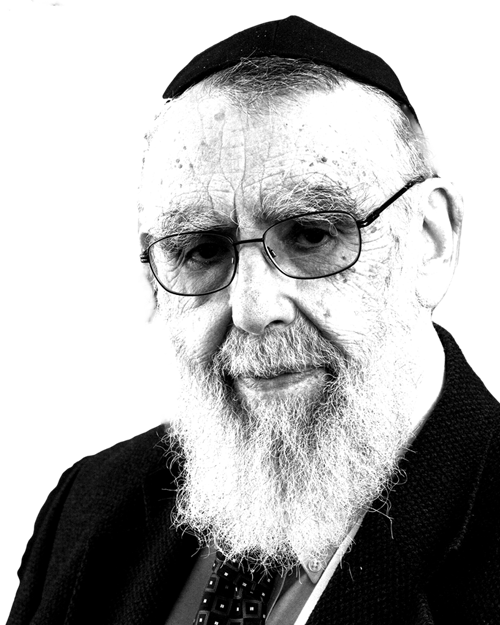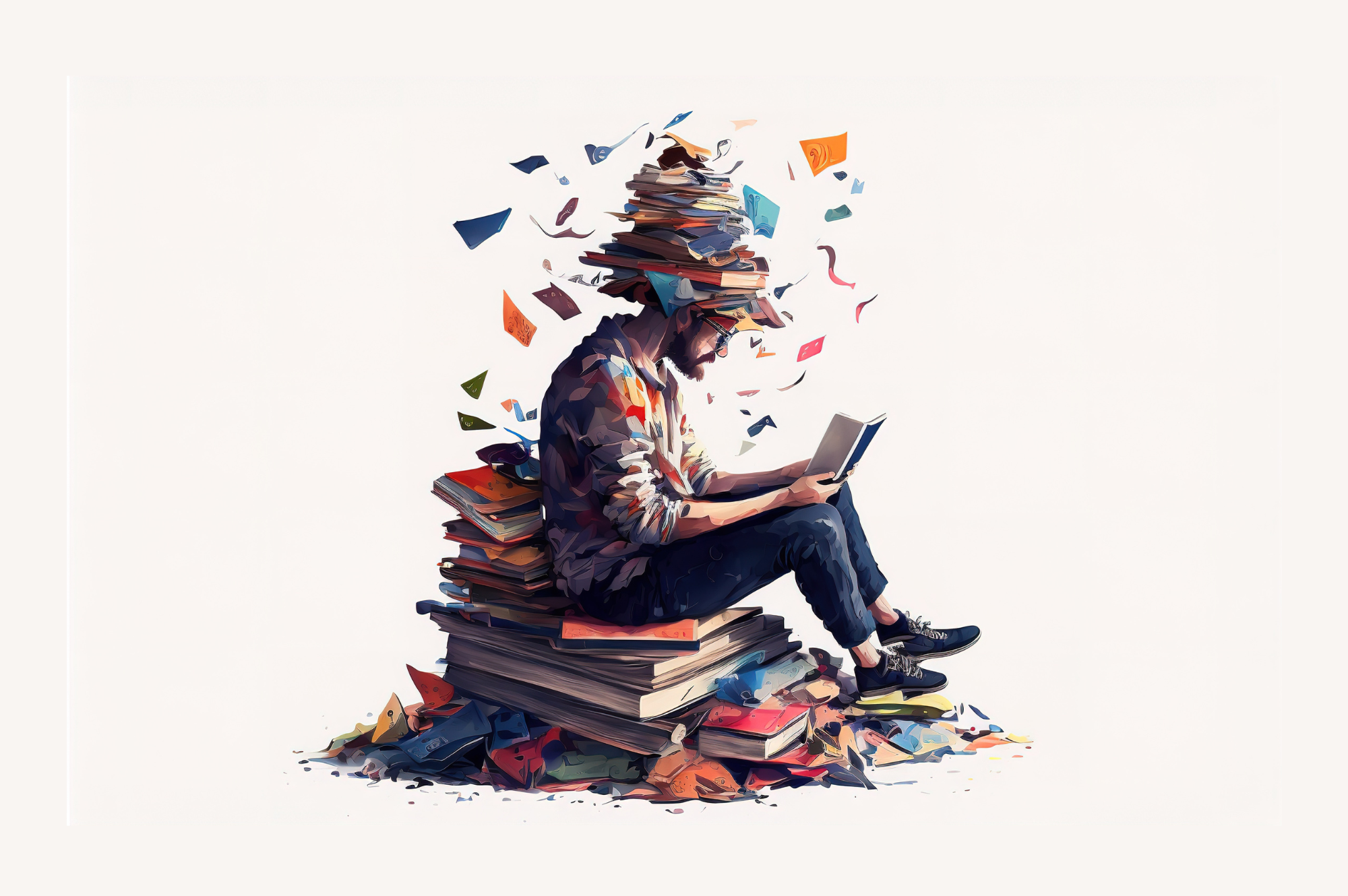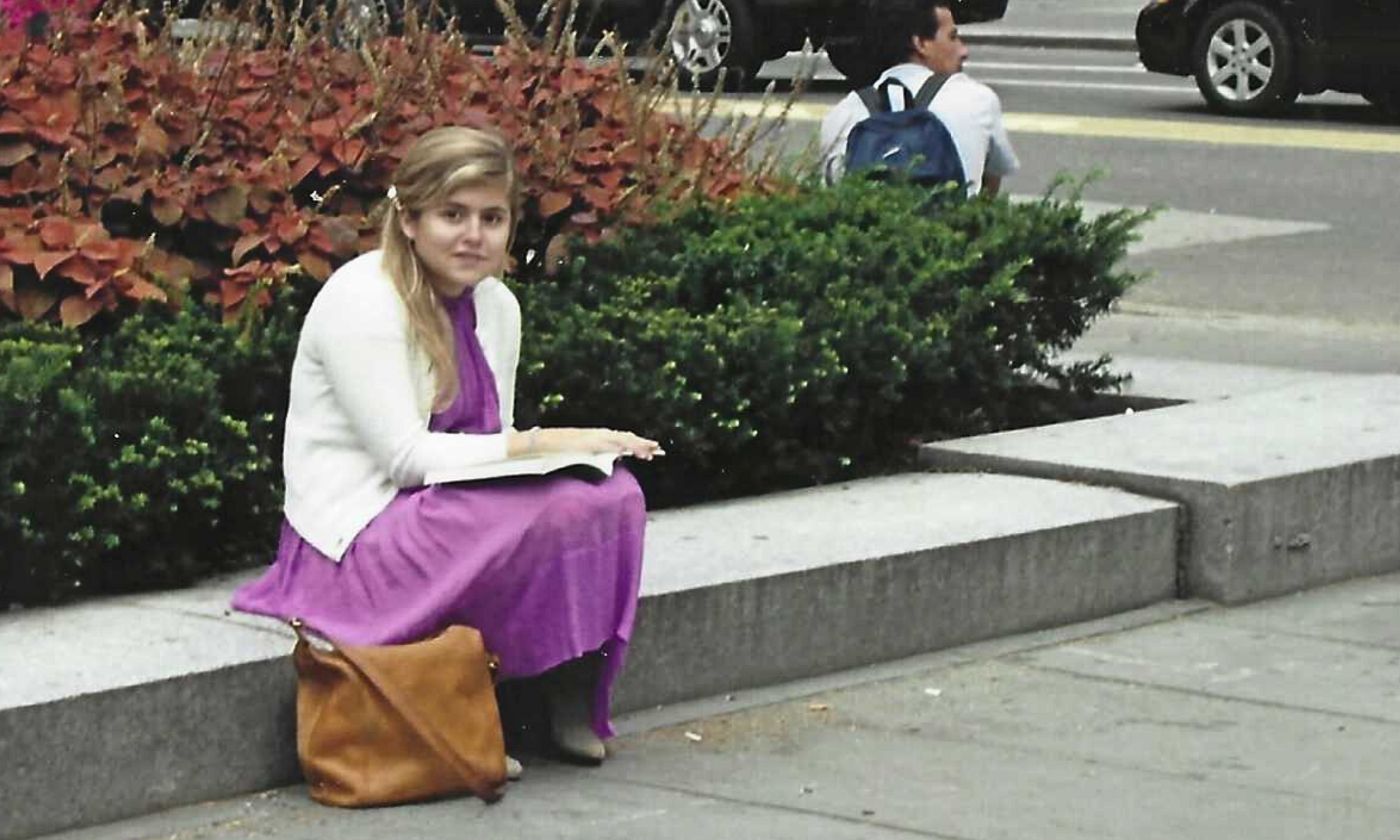What is the relationship between a human and a library?
Samuel ibn Tibbon, the famous French-Jewish philosopher and doctor, had some choice words on this question, words that have since been emblazoned on library walls:
Make your books your companions, let your cases and shelves be your pleasure grounds and gardens. Bask in their paradise, gather their fruit, pluck their roses, take their spices and myrrh. If your soul satiate and weary, change from garden to garden, from furrow to furrow, from prospect to prospect. Then will your desire renew itself and your soul be filled with delight.
This is a luscious image, one that grants us with a view of books and their places of living with a certain fecundity, a vivacity, a life. A Spanish scholar and rabbi, R. Yitzchak Canpanton, well-known for his Darchei HaTalmud, grants us a different view:
A person’s wisdom reaches only as far as his library. Therefore, a person should sell everything he owns and acquire books. For example, one who doesn’t own a set of the Talmud cannot possibly master its content. Similarly, one who doesn’t own the basic medical books cannot possibly be an expert in the field of medicine.
This week, we are debuting something new. We are expanding the visual portion of 18Forty, with video content coming to you from everywhere that there are books. So go check out our YouTube page, give us a follow, subscribe, and enjoy! In our new Show & Tale show, we’ll be visiting Jewish libraries big and small to showcase the treasures that we find. Do you know a library that we should check out? Let us know. Our first episode of Show & Tale comes to you from the rare book room at Columbia University, where we meet with librarian Michelle Margolis to discuss the lives of the books that live there.





































